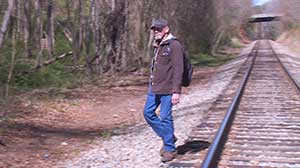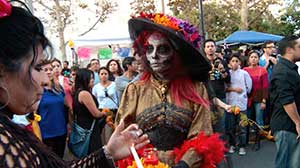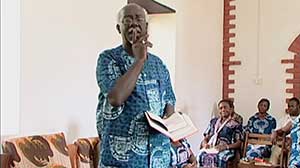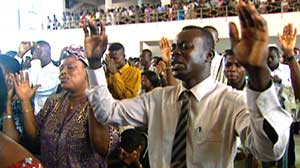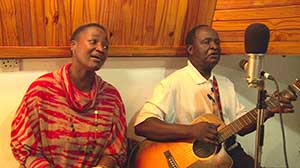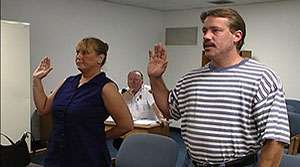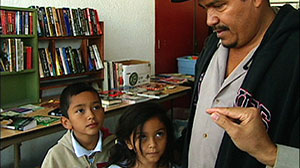An essay I wrote on sociology for people of faith, and anyone. Enjoyed quoting some lines from one of my favorite gospel songs of Bob Dylan’s at the end! The opening is below and the full text here:
Sociology for People of Faith . . . and Anyone
James M. Ault, Jr. © 2019
A slightly shorter version of this essay appears in Edward P. Meadors, ed., Where Wisdom May Be Found (Eugene, OR: Wipf and Stock) 2019
Beginnings
I came to sociology out of a commitment to help solve the problems in the world I saw around me, from my vantage point in the Northeastern United States. It was the 1960s and the civil rights movement, often encountering violent pushback in parts of the country, was morphing into the more radical black power movement. Our nation’s first Catholic president, John F. Kennedy, a symbol of change, was shot dead during a public parade in Dallas, Texas, a sign of the divisive climate of the times. And the Vietnam War was becoming a tragic conflict stirring domestic divisions that would inflame the nation.
Entering Harvard College on scholarship in 1964, I decided to major in Government, an area of study I thought might help prepare me to make a difference in the world. My commitments, looking back on it, were carried by an ethic of love and service to others rooted in faith in God, and God’s love in Christ, instilled in me by my parents. My father was a Methodist minister, loved into the faith, he would say, by his Sunday school teachers in the Pennsylvania railroad town where he grew and met my mother, his lifelong partner in ministry. My own faith as a praying youth was nurtured both in our household and in the various loving congregations my parents served throughout my childhood and youth.
How amazing it was, then, looking back on it, that soon into my first year or two at Harvard I found myself an atheist, if I thought about it at all. And what is so remarkable about this profound transformation in my outlook is how seamlessly and unnoticeably it took place, without any soul-searching or intellectual battles. I just slipped into believing that God didn’t exist, but, instead, was simply a creation of human imagination. How such a profound transformation could take place without notice, I came to realize, cries out for explanation which I hope to shed some light on through some sociological reflections below.
Sociology, or knowledge of the “social”—that is, human beings’ relations with one another—overlaps with other social science disciplines, like political science, social psychology, economics and social anthropology. They all, in different ways, and with different focii, study social relationships among human beings—how they work, their structures, effects, etc. Yet despite their substantial overlaps, these disciplines can exist on college campuses as tightly bordered communities of academics who pay little attention to one another. In addition, all these social science disciplines, including sociology, have been wracked historically by at times bitterly contested internal divisions based on differences in outlook, method and ideology. One prominent division in contemporary sociology, for example, is that between the growing number of those who favor quantitative research methods, using standardized questionnaires, on the one hand, and those preferring participant- observation ethnographic research, or historical research, on the other, differences we will touch on below. How such boundaries and divisions affect academic life and learning varies across institutions at different points of time.
[To continue download the full essay below]



